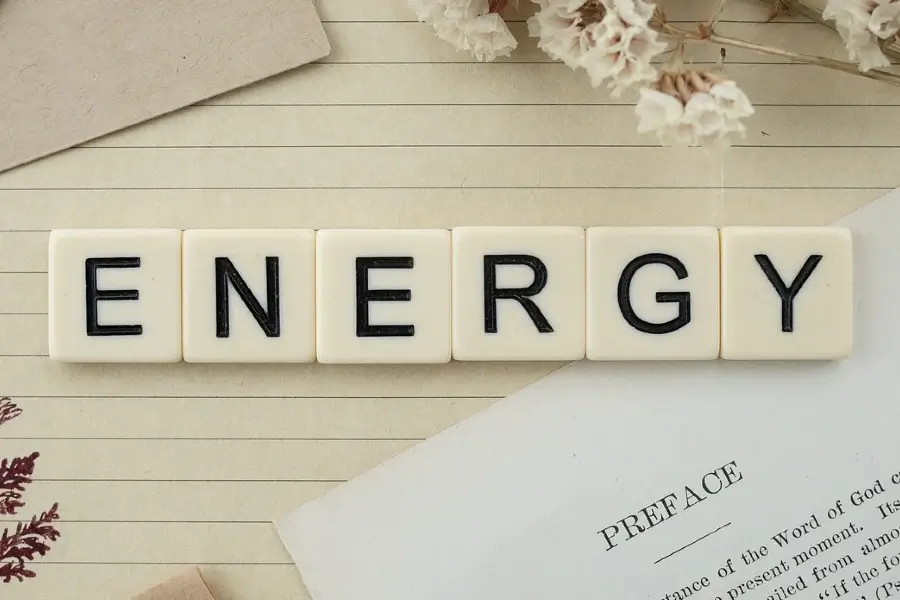Does Napping During the Day Help You Sleep Better at Night?
Napping: A Double-edged Sword
Several factors determine whether napping aids or hinders your nocturnal sleep:
- Nap duration: Short naps (20-30 minutes) are usually less disruptive than longer ones.
- Nap timing: Napping too late in the day can disrupt evening sleep.
- Overall sleep quality: Napping may be unnecessary if you already obtain adequate sleep at night.
Benefits of Napping:
- Improved alertness and focus
- Improved mood
- Reduced fatigue
Possible drawbacks:
Power naps, also known as brief naps taken during the day, have been praised for delivering an immediate energy boost and increasing attention. However, while power naps might be useful in the short term, they can also negatively impact sleep patterns if not taken at the appropriate time or duration.
One disadvantage of power naps is that they may make it difficult to fall asleep at night. Taking a nap too close to bedtime can disturb the body’s natural sleep-wake cycle, making it difficult to relax and fall asleep.
This can cause tossing and turning, increased worry about falling asleep, and overall disruptions in sleep habits.
Power naps can also impact the quality of sleep you get during the night. Power naps can disrupt the body’s natural sleep cycles if taken for too long or too frequently, resulting in fragmented or shallow sleep at night.
Pay attention to when and how long you sleep.
Even if you get enough sleep, you may feel sluggish or tired the next day.
Pay attention to when and how long you sleep to get the most out of power naps without jeopardizing your overnight sleep. Take naps earlier in the day, ideally before 3 p.m., and keep them to 20-30 minutes to prevent affecting your overnight sleep.
By planning when and how you power nap, you can get the benefits of a rapid energy boost without losing the quality of your overnight sleep.
General Guidelines:
If you must nap, make it short and early in the afternoon.
If you routinely have trouble with evening sleep, consider restricting or eliminating naps.
Ultimately, the ideal strategy is determined by your own sleep needs and preferences. Experiment with different nap schedules to see which works best for you.













